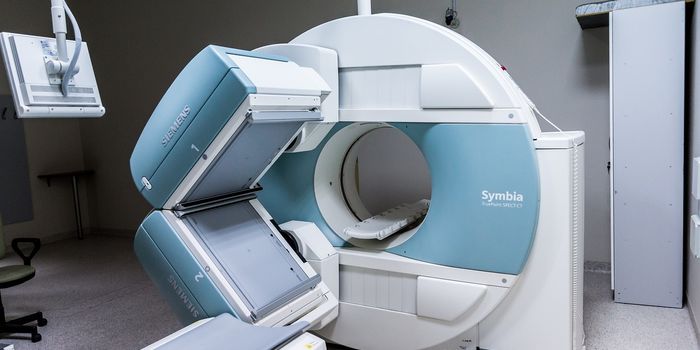If there was a blood test that could diagnose Alzheimer’s disease, would you take it? For some researchers, the question is not if, but when. A team in the UK recently announced an Alzheimer’s blood test with the highest accuracy rate to date.
Alzheimer’s disease affects a staggering 44 million people worldwide, yet the diagnosis of this devastating disease remains complicated and uncertain at times.
Currently, diagnosing Alzheimer’s disease in living patients is limited and time-consuming. Most tests focus on symptoms of dementia. Doctors and experts have to conduct a battery of cognitive tests to look for impairments in cognition, memory, social functioning, and behaviors. These tests are highly subjective, but can be supported with neuroimaging data, such as magnetic resonance imaging (MRI) and positron emission tomography (PET) scans. However, such methods are expensive and have limited accuracy. True Alzheimer’s diagnoses are confirmed when post-mortem brain autopsies reveal the presence of beta-amyloid plaques and neurofibrillary tangles – neurological features that are considered hallmarks of the disease. A blood-based test that’s quick and accurate could be a game-changer for patients.
To that end, researchers at the University of Central Lancashire in the United Kingdom turned to a technique called vibrational spectroscopy. Combined with blood-based samples, the technique provides a “spectral fingerprint” of the samples.
This is "a sensor-based technology that has at its core a diamond," explained Dr. Francis Martin, the study’s senior author. "Light is passed through the diamond and bounces off the surface of the diamond. As it does so, the light interacts with chemical bonds in the sample and these vibrate at a frequency that is detected."
This means the blood of someone with Alzheimer’s disease would generate a different pattern than a healthy individual. And such pattern could sound the alarm bells so that patients can receive treatments earlier.
The team tested their technique in nearly 550 people, 347 of whom had been diagnosed with a neurodegenerative disease. The experimental blood test correctly identified Alzheimer’s disease with 86 percent sensitivity and specificity. Moreover, the test had even higher accuracy (90 percent sensitivity and specificity) when teasing apart Alzheimer’s from dementia with Lewy bodies, another neurodegenerative disease.
The “accuracy is markedly higher than other tests being developed,” remarked Dr. Martin. “For such a simple test to be so predictive is very exciting."
He also hinted that the technique’s success could be translated into the clinic in the next decade. "We have now gone well beyond pilot studies," Martin said. "The appropriate validation studies are next -- these will take five to 10 years."
Along with high-risk people (those genetically predisposed for neurodegeneration), Martin sees the blood test as a useful tool for athletes prone to head injuries. Their blood-based test would allow doctors to "monitor disease progression, tailor treatment based on disease classification and predict progression," Martin explained.
Additional sources: CNN









